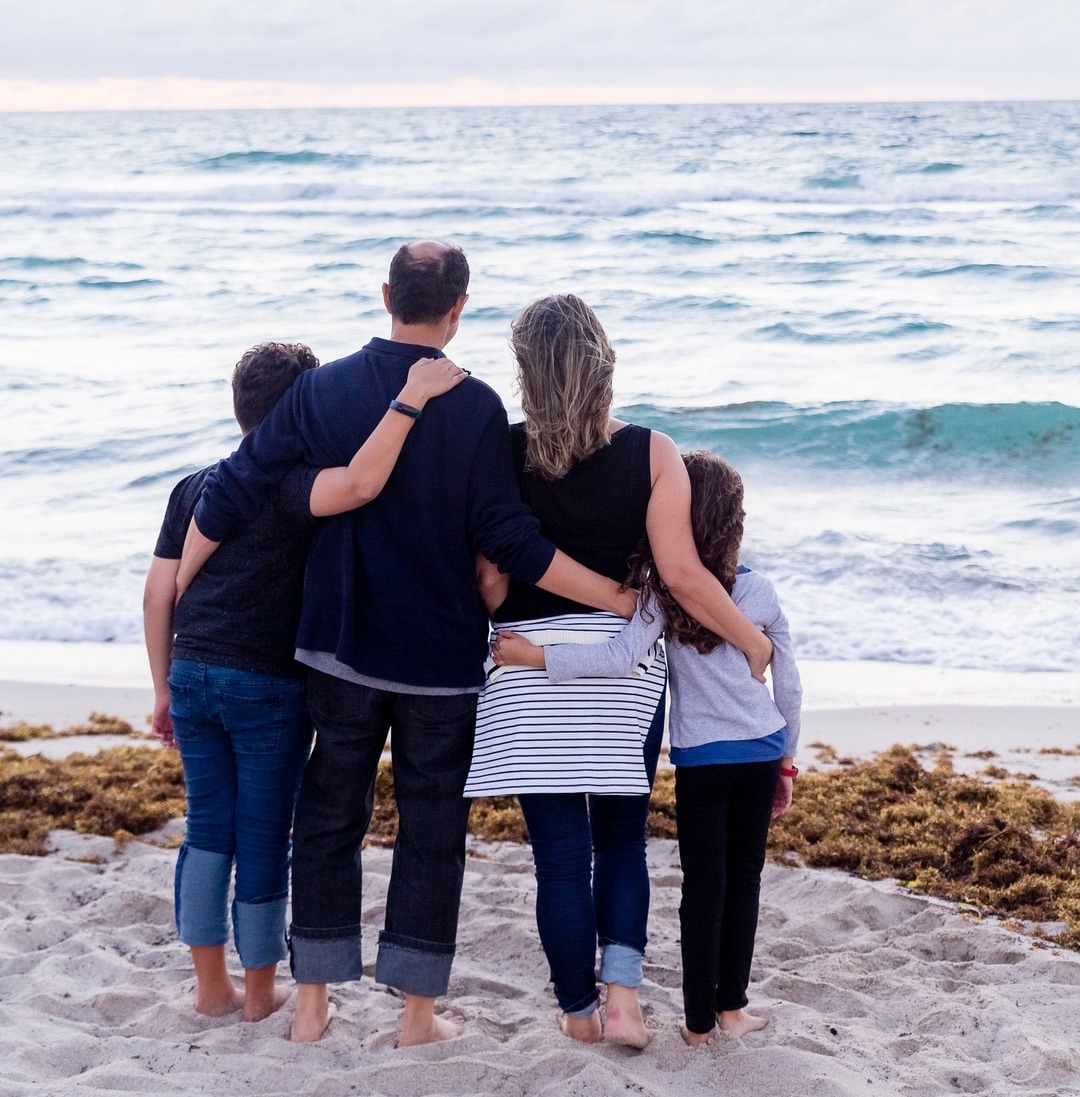Individuals who grow up in a family where loved ones struggle with substance misuse and mental health issues have a much higher risk of developing substance use disorder (SUD) and dual diagnosis. In addition, adolescents and young adults are more likely to experience problems with substance misuse if a parent has untreated SUD. According to the Substance Abuse and Mental Health Services Administration (SAMHSA), “about 12.3 percent of children aged 17 or younger†lived with “at least one parent with a SUD.†Being in such close proximity to the damaging effects of substance misuse can contribute to the following:
- Behavioral issues
- Lack of academic success
- Reduced social skills
- Family dysfunction
Treatment for individuals with a family history of substance misuse often involves trauma and family therapy to identify and resolve underlying issues. The rehabilitation programs at Newport Beach Recovery Center can treat SUD and help you recover from a family history of substance misuse or mental health disorders.
How Do Toxic Family Dynamics Increase the Risk of Substance Misuse?
The following toxic family dynamics can affect SUD treatment and recovery:
- Generational trauma
- Co-dependency
- Domestic abuse
- Childhood sexual or physical abuse
- Parental fighting or a hostile divorce
- Enabling behaviors
- Stigmatizing behaviors
- Indifference or neglect
Unsafe living environments also contribute to family issues during recovery. Newport Beach Recovery Center offers family therapy and support services. We also provide referrals and information on local community self-help groups and assistance locating financial and residential services if you do not have a safe place to return after treatment. We believe that education and a supportive community can help families heal and grow together while overcoming the effects of SUD.
How Can You Avoid Co-dependency and Enabling Relationships?
People with a family history of mental health issues have a higher risk of becoming part of an enabling or codependent relationship. You might not have had healthy role models to look up to during adolescence and young adulthood. Suppose you have difficulty recognizing or avoiding toxic relationships. In that case, it might be helpful to participate in a family-focused self-help group, family therapy, or classes on developing healthy family dynamics.
Below are a few ways you can avoid unhealthy relationships:
- Learn to recognize signs of a codependent or enabling relationship
- Set clear boundaries in your relationships
- Communicate your needs clearly and actively listen to the needs of the other person
- Increase your self-awareness and feelings of self-worth
- Do not do things to please or protect the other person at the risk of your own mental or physical well-being
- Practice conflict resolution and problem-solving skills
- Do not be afraid to ask for help outside the relationship
In a relationship, people should healthily support one another. If you often make excuses for the other person or do things to make them happy, you might be in a toxic relationship. You can talk to an individual therapist or family counselor about ways to improve and repair damaged relationships and unhealthy dynamics. Romantic, sibling and parental relationships are the most common to develop co-dependency and enabling behaviors.
How Do You Break the Cycle of Multi-Generational Substance Misuse?
In some families, multiple generations actively engage in substance misuse. You can break the cycle by doing the following:
- Entering a rehabilitation program and actively engaging in recovery
- Cutting ties with toxic family members
- Attending therapy and counseling to repair relationships
- Becoming a role model to your family members by showing them how sobriety can improve overall health
- Moving out of toxic home environments
When Should You Cut Ties With Family Members?
Breaking the cycle of abuse and substance misuse can sometimes mean cutting off ties with your close friends and family. You might hesitate out of a sense of loyalty or fear of being alone. However, you will not have to go through recovery on your own. A vibrant and diverse recovery community exists in most cities around the country. Deciding to distance yourself from the toxic people in your life can free you from their influence and allow you to build lasting, meaningful relationships with others who genuinely have your best interest at heart.
Cutting ties is a big step, and not recognizing when to take them can keep you living in an unhealthy environment. You would benefit from breaking off relationships with family members who do the following:
- Verbally, emotionally, physically, or sexually abuse you
- Dismiss your needs and concerns
- Enable or actively encourage substance misuse
- Engage in substance misuse or unhealthy risk-taking behaviors
- Treat you unfairly or badly because of your past substance misuse
- Judge you harshly for attending treatment
If the people in your life do not uplift you somehow, they may not have a place in your sober future. Not everyone wants to get better, and loved ones who choose to continue spreading negativity or hate should not inhibit your recovery. Cutting ties is not easy. However, sometimes it is necessary.
A family history of substance misuse and mental health issues can impact recovery in multiple ways. Some people may have a genetic risk of developing certain disorders, while others might not have a strong support system. If you feel like your family has contributed to your substance misuse, you can address that during therapy. In some cases, family-focused self-help groups and counseling can help heal the family. Suppose however, you are part of a family that actively supports addictive behaviors or undermines your choices. In that case, sober, you might benefit from setting clear boundaries and cutting ties with toxic family members. Making these changes is never easy, and you may need to overcome enabling or codependent relationships to maintain sustainable sobriety. To find out more about Newport Beach Recovery Center and the family services we offer, call us today at (855) 316-8740.



